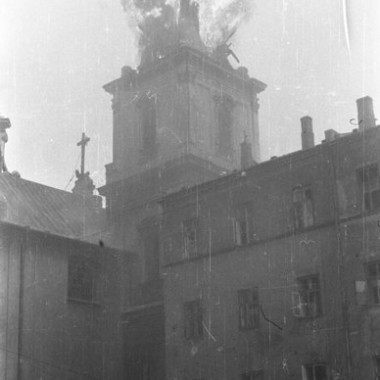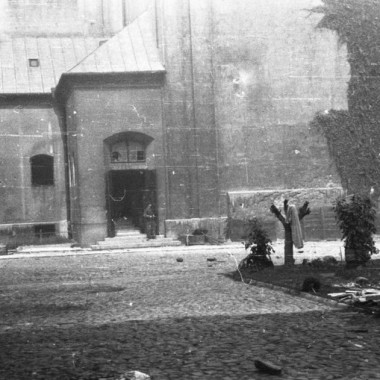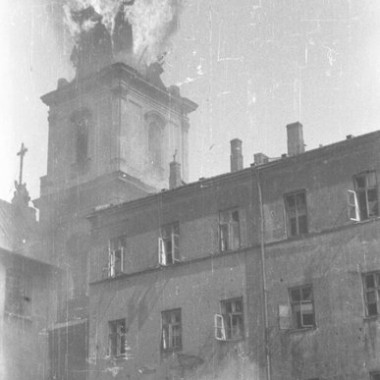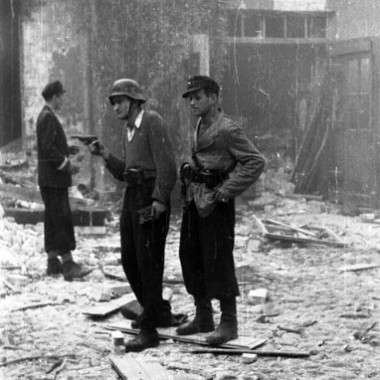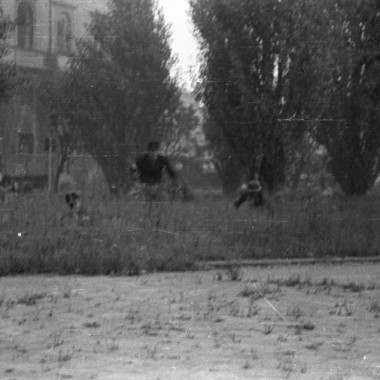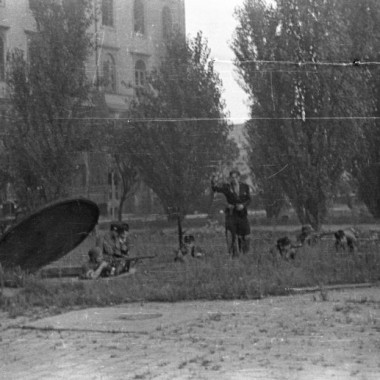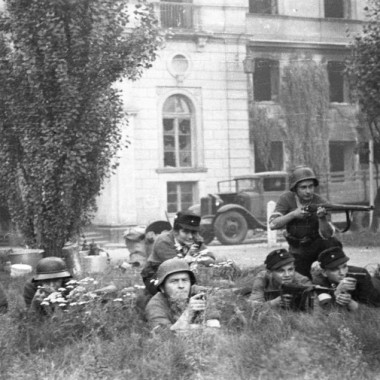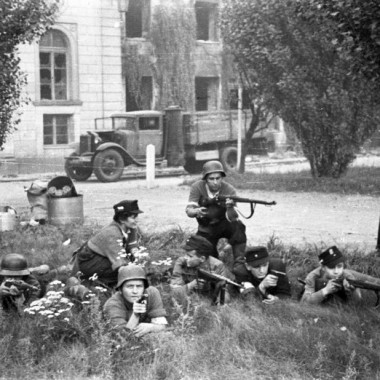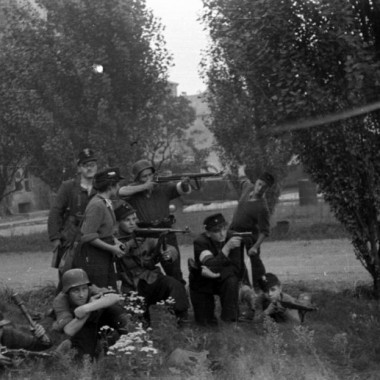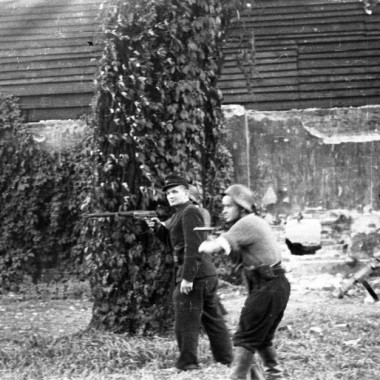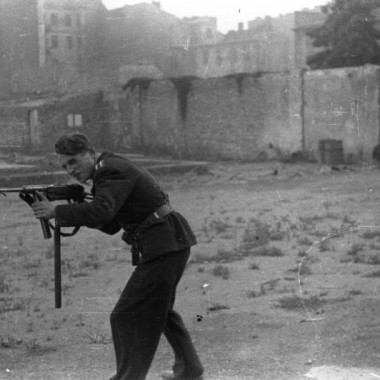Officer Cadet Corporal Jerzy Kokczyński “Boczkowski” was born on 12 November 1920 in Poznań. In 1940, he and his parents moved to Warsaw. Beginning in 1941, he served in the National Military Organisation (NOW), and later the National People’s Combat Organisation (NLOW). He graduated from the underground National Armed Forces’ Infantry Cadet School. During the Rising, Kokczyński served in the General Władysław Sikorski National Armed Forces Regiment (also known as ”Sikora”) in the area of Czackiego Street in City Centre North. In September, his unit was tasked to exfiltrate from Warsaw. Faced with the impossibility of the mission, the unit joined with 2nd Company (commanded by “Ziuk”) of the “Miłosz” Battalion in City Centre South. After the capitulation, his whole unit volunteered to join A Company, which had been officially tasked with the supervision and protection of soldiers and civilians evacuating Warsaw. Towards the end of the fighting, Kokczyński was awarded the Cross of Valour for his participation in preventing German attacks from the Building of Parliament. As sole caregiver for his mother, he left the city with the civilian population, but successfully escaped during transport. After the war, Kokczyński settled in Poznań and, alongside his ”Sikora” comrades, took part in the second underground student movement. He worked as an economist. Kokczyński died on 30 April 1998 in Poznań.
On 50 Agfa Superpan negatives, Kokczyński depicted operations of his unit in the City Centre in the area of Czackiego and Świętokrzyska Streets, including the storming of the Holy Cross Church and Police Headquarters at Krakowskie Przedmieście Street. He took his photosunder a permit from his unit commanderwhen off combat duties. Therefore, the set is not a report from the frontline, but rather an account of life in the rear. The photos are static and mainly posed. Two rolls of film, developed during the Rising in a photo lab at Nowy Świat Street, survived. The other two were lost after Kokczyński had given them to his friend, who got rid of them before a German inspection on the day of departing for captivity.





